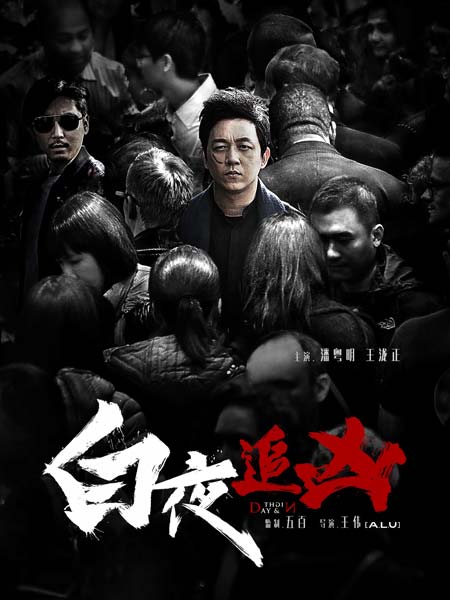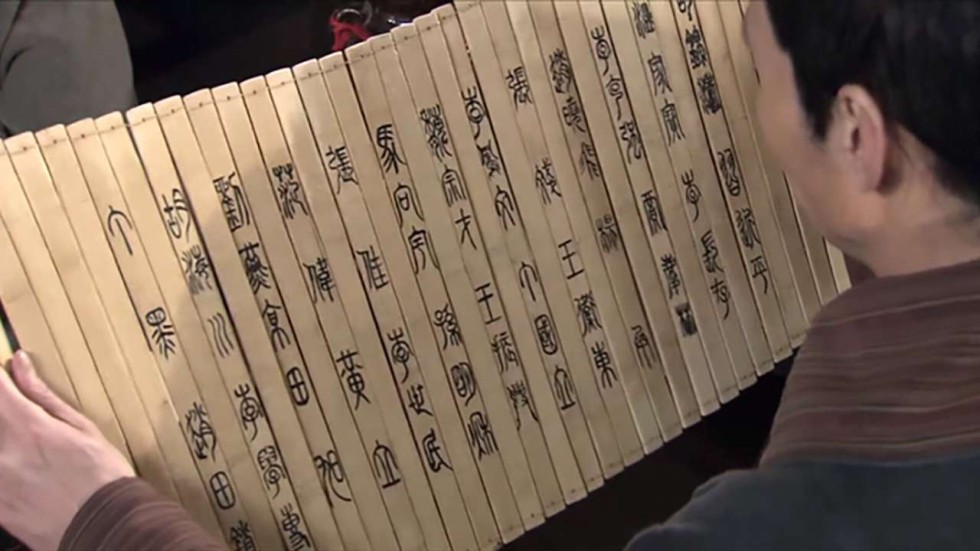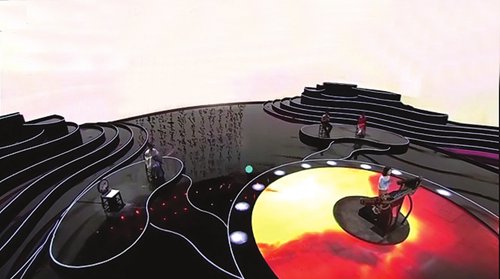Source: Sup China (2/16/18)
China’s CCTV Spring Festival Gala Included A Truly Shameless Africa Skit, Featuring Blackface
A lowlight from the most-watched program on the planet.
By Anthony Tao
We need to talk about that Africa skit. You know the one.
Let me say up front that it’s dangerous and somewhat irresponsible to analyze a Chinese production — particularly one intended solely for a Chinese audience, whose understanding of ethnicity and race is filtered through a complicated and unique culture and history — through a purely American lens. I’ve watched this skit carefully, and I can’t find any intent to offend. Which is to say, there’s no real need to call it racist.
But this skit is clearly offensive — to sensibility, to foreigners, to intelligence, to one’s self-respect. To theater. To creativity. It is condescending, and willfully so, making it all the more offensive. It is arrogant and tone-deaf and shallow. It’s hard not to be embarrassed. Continue reading












